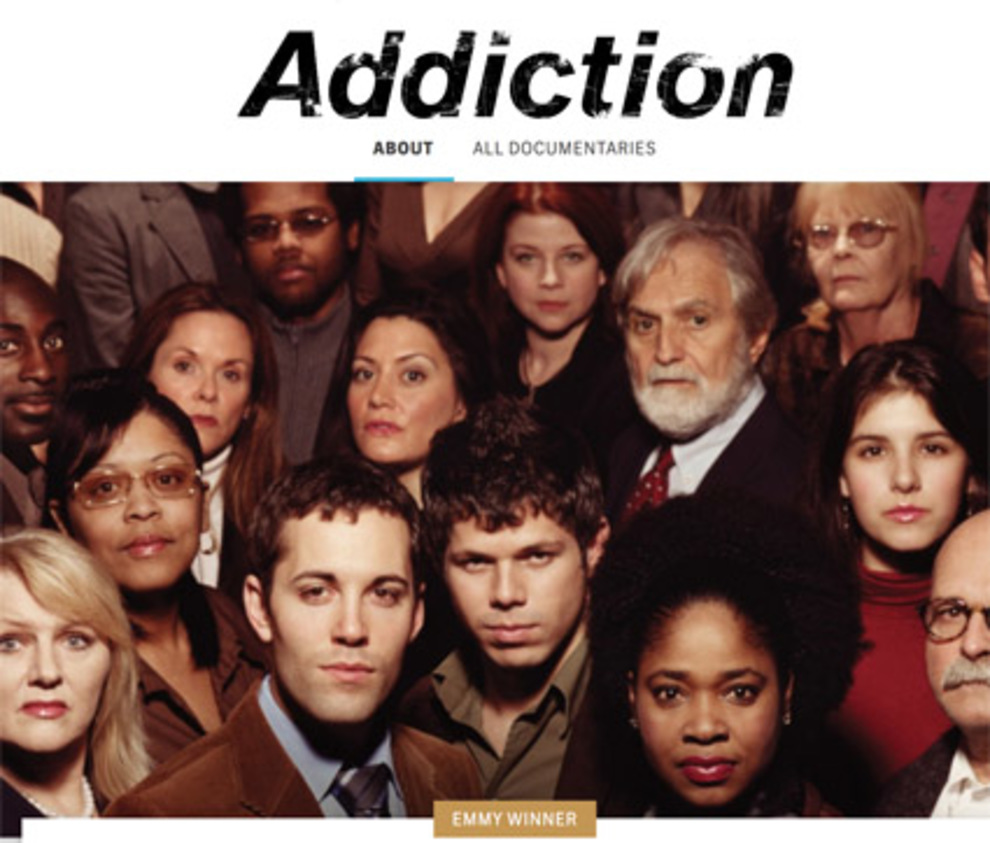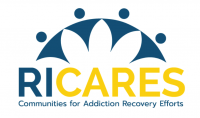“My son relapsed from Fentanyl – we got him into detox – now what medication is the best option?”

This Member is Weighing the Pros & Cons of Different Medications for Opioid Addiction
with Louise Stillman, Editor
Our member seeks guidance about medication for Opioid Use Disorder for their son. He’s tried Suboxone and Methadone and is looking for an alternative. He has concerns about sleep and anxiety and our member is wondering which medications may best suit his needs.
This question originally appeared on the Allies in Recovery Member Discussion Blog, where experts respond to members’ real-life questions and concerns.
“My 30 yr old son relapsed from using of fentanyl seven days ago (his 3rd relapse) we got him into detox the same day, he was on a methadone taper and was released four days later. Post detox he has tried Suboxone in the past and does not want to use that again. We have discussed Vivitrol, a shot that would last 30 days. Our understanding is that Vivitrol will block his brain receptors so that he won’t get high but will not help him with sleep and anxiety/depression. We are meeting today with a doctor to review the pro & cons (knowing he must be off the methadone for at least 10 days). He starts outpatient therapy in 2 days and that will consist of four 3-hr sessions for 2/3 weeks. My son wants to try Wellbutrin as he feels that will help with the sleep, anxiety, depression. Any thoughts on the approach and what else we can do to assist him? Thank you”
Your son’s relapses on fentanyl are very worrisome because fentanyl is extremely potent and widespread in much of the street heroin traffic. I am glad your son is willing to look at Medication for Opioid Use Disorder (MOUD). There are three drugs available that help with opioid addiction: Methadone, Suboxone/Subutex/Sublocade (Buprenorphine), and Naltrexone (Vivitrol is the name of its monthly shot).
Medication reduces potential injuries associated with opioid addiction. It does so in 4 ways:
1) Can immediately eliminate any withdrawal from opioids. This point cannot be overstated. When addicted to opioids, the individual is in a constant race against time. If the person doesn’t find and take in more opioids, within 24 hours or so he will start a slide into incredibly painful and uncomfortable withdrawals that can last many days.
2) Methadone or Buprenorphine fill the receptor sites on the neurons the illicit opioids previously filled, and so reduce much of the craving for the opioid and either one stops withdrawal. Naltrexone – Vivitrol is the name of the monthly shot – only blocks the feelings of being high. It does not help with cravings or withdrawal.
3) There are many well-designed studies that show that Methadone and Buprenorphine reduce opioid overdose deaths by at least sixfold.
4) There is also good evidence that Methadone and Buprenorphine cut the number of relapses to opioids in half, when the dosage is right. For Buprenorphine, the study authors note that Buprenorphine must be given at doses 16mg or greater for relapse rates to drop.
A Comprehensive View of Treatment Options for Opioid Addiction.
Below is recent research on Medication Assisted Treatment for Opioid Use Disorder (MOUD), including comparison studies and benefits vs. risks:
- https://www.recoveryanswers.org/research-post/suboxone-vs-vivitrol-head-head-comparison/
- http://rightchoicehealthgroup.com/programs/switching-from-methadone/
- https://www.drugs.com/vivitrol.html
These drugs are not a walk in the park. The Suboxone would be more protective than Naltrexone, but your son must be willing to take it as directed. Naltrexone doesn’t prevent craving or withdrawal symptoms that can last months after stopping an opioid. Naltrexone simply blocks the feelings of being high when you ingest another opioid. When Naltrexone works, knowing that getting high will be pointless stops people from using. This is enough to not use in the moment. Does this sound about where your son is in terms of his desire to stop using? Your son is not yet clear of opioids. He has to be 10 days away from his last dose of methadone to move to naltrexone. Ask him if he can see tolerating the opioid withdrawals and not end up using out of the discomfort of the withdrawal.
If it is Naltrexone/Vivitrol be aware that the word on the street is that the monthly shot loses its potency near the 30-day mark. This unfortunately sounds mighty tempting to those who are not solid in their abstinence. It is also possible to overcome the block of Naltrexone by taking more and more of the opioid, which can be super dangerous in itself, but even more so at the end of 30 days abstinent and a much lowered tolerance. We lost someone recently who did just that. He waited for the 28th day on Vivitrol and then took his regular dose.
It is my opinion only, but with three relapses in the near past already on methadone, I would see if your son can be convinced to reconsider and step up to Suboxone or Methadone. There is a monthly implant of buprenorphine/suboxone now on the market. This can discourage some of the games that get played with singular doses of Suboxone, which can be sold on the street for $5 as an alternative to street drugs, for someone experiencing cravings or seeking to avoid withdrawal. Working in the jail, I’ve seen how some avoid accepting Suboxone while in jail because they know they end up diverting it when back out in the streets. They know they will just get into trouble with it.
We recently lost a young man who had started on Suboxone after an overdose, but then quickly changed to Naltrexone (Vivitrol). The young man waited for the 30-day period of Naltrexone to end (when the block is at its weakest) but also his tolerance was at a very low point to relapse to opioids.
In terms of your son and Naltrexone (Vivitrol), can the doctor do random urine “tox” screens (aka drug testing/ urine toxicology screens) during the month? This would catch an attempt at using opioids or any other drug. I say “catch” here not in a policing sense, but with his safety in mind. This measure isn’t about cornering your son, but in partnering with him to help build a protective wall around relapse. Knowing the random test may come any day can reduce the likelihood he will think of taking an opioid or other drug. If there are drugs in a urine tox test, it is a moment for the doctor to call a meeting to discuss further measures or to reconsider Suboxone or methadone.
If I were in front of a doctor asking for Vivitrol I would ask if it is possible to get the shot every three weeks instead of four weeks. Your son also needs his other issues addressed. Wellbutrin may be the ticket: if it is not, move quickly to ask for other medication options to help with his symptoms. The symptoms can drag on and pull people down even as they wage the heavy battle against addiction. Whether the mental discomfort is a result of the withdrawals will take time to determine. But your son needs everything he can have to be comfortable. This would include a safe space, time off from work, and access to recovery supports with transportation. Those around him have to realize he will be low, flat, probably not sleeping… Your son is healing from a serious physical condition.
Perhaps your son has a good doctor who is willing to seriously address the lingering issues due to opioid withdrawal or his mental health condition (anxiety, sleep, depression). I say “or” because anxiety, sleep, and depression are so commonly remnants of withdrawal (which can last for months). It’s hard to know at this point which of those conditions are underlying, and which are due to the withdrawals. A psychiatric evaluation and medications can support his recovery by reducing anxiety and lowering depression.
You posed a very important question. Thank you for writing in and sharing your situation. I hope the considerations we offered above are useful for you and your family. It is heartening to hear your son is participating in his relapse prevention plan. It is wonderful that you were able to step in and help him so actively at this critical time. Thank you for doing such a great job and for being there for your son. Let us know how things go, and what else we can do to help. Sending you and your family love and strength in this trying time.
Module 8 on the Allies site (see snippet below) provides a brief tutorial on protective measures against relapse through a daily focus on recovery:
Allies in Recovery provides support and guidance on how to identify and cope with the flood of emotions you are feeling. The CRAFT method teaches you the strategies and skills to engage your loved one on a path to recovery. At Allies we provide you with information critical to understanding your loved one’s alcohol/drug addiction, and train you in the important role you can play in guiding them to recovery.
A membership at Allies in Recovery.net brings you into contact with experts in CRAFT and the field of recovery and treatment for substance use. Our unique, award-winning learning platform introduces you to CRAFT and guides you through the latest in evidence-based techniques for unblocking the situation. Together we will move your loved one towards recovery.














